Plus 5 tips for lowering your salt intake
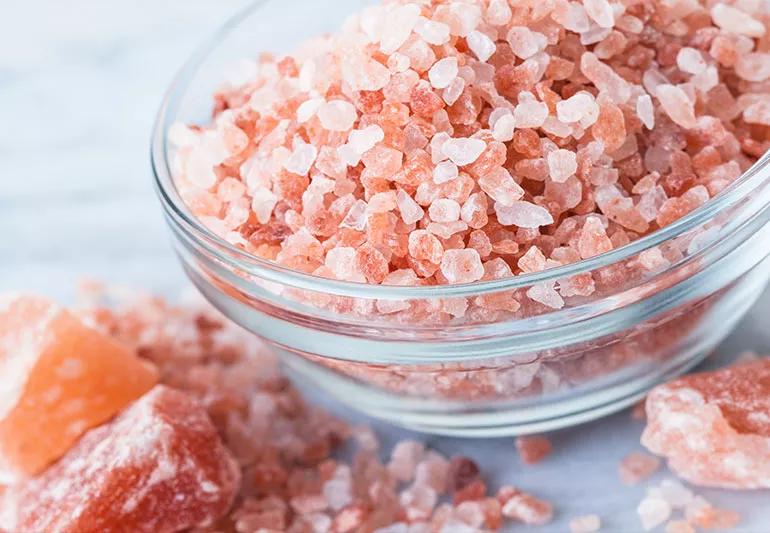
Pink Himalayan salt is trending on food blogs. Kosher salt is touted by chefs. Sea salt is everywhere. Are natural salts more nutritious than table salt?
Advertisement
Cleveland Clinic is a non-profit academic medical center. Advertising on our site helps support our mission. We do not endorse non-Cleveland Clinic products or services. Policy
You need some salt every day. This key mineral helps your body balance fluids. But so often, you end up getting far more than the recommended amount. We tapped registered dietitian Julia Zumpano, RD, LD, for the scoop about which salt is best.
Eating too much salt draws extra fluid into blood vessels. This raises your blood pressure, increasing your risk for heart disease and stroke. Eating too much salt can also leave you feeling heavy and bloated.
It’s no secret that too much salt is bad for you. So alternatives like sea salt seem tempting. Sea salt is made by evaporating sea water and contains no additives. Manufacturers sprinkle sea salt liberally on chips and pretzels and throw a “natural” claim on the label. And we’re eating it up — literally.
We’re also paying more for kosher salt and unrefined, colored salt. Like table salt, coarser kosher salt is mined from salt deposits but rarely contains additives.
Salts that are pink, red, blue or gray reflect trace minerals in the salt deposits where they were mined, from the Himalayan mountains to Hawaiian volcanoes.
So, are unrefined or less refined salts better than highly refined table salt?
The short answer is: not much.
No matter where it comes from, salt contains the same amount of sodium chloride, the culprit behind so many heart attacks and strokes.
Advertisement
Also, table salt may be more refined, but it’s the only salt with adequate amounts of iodine. You need this nutrient for general health and, especially, thyroid health.
Iodine deficiency can lead to goiter (massive swelling of the thyroid gland). Adding iodine to table salt in 1924 stopped the U.S. epidemic of goiter. Now, the rising popularity of sea salt, kosher salt and colored salt has some experts worried that goiter will reappear.
According to the U.S. Food and Drug Administration, Americans consume an average of 3,400 milligrams of sodium per day. Yet we should consume no more than 2,300 milligrams of sodium or one teaspoon per day.
Because 75% of the excess sodium in American diets comes from prepared and processed foods, the FDA has asked food companies and restaurants to lower their sodium levels over the next 10 years.
Meanwhile, here’s what you can do to lower your sodium intake:
Advertisement
Learn more about our editorial process.
Advertisement

Too much sodium can cause high blood pressure and increase your risk of heart disease

Eating too much salt can put extra pressure on your blood vessels and heart

Keep the flavor and cut the sodium by using herbs, garlic, ginger, citrus and more in your cooking
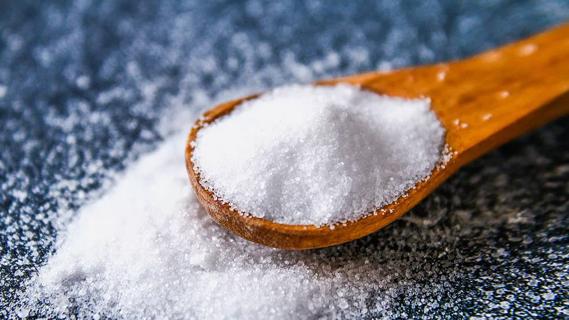
Excess salt and sodium consumption is a worldwide health concern
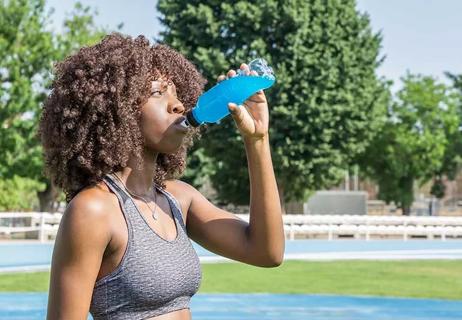
Two key electrolytes — sodium and chloride — are the building blocks of salt
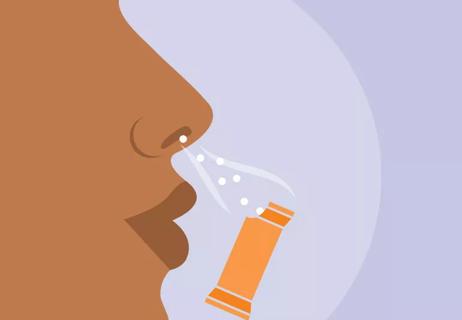
Unproven and unregulated, they aren’t the best choice to boost performance
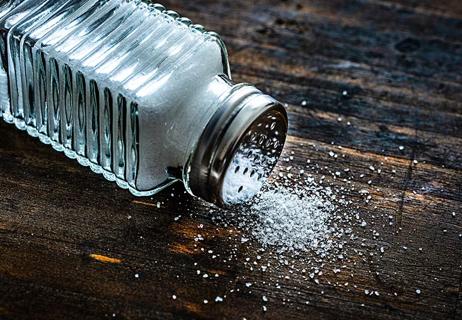
Too much salt in your diet? Here’s how to cut back
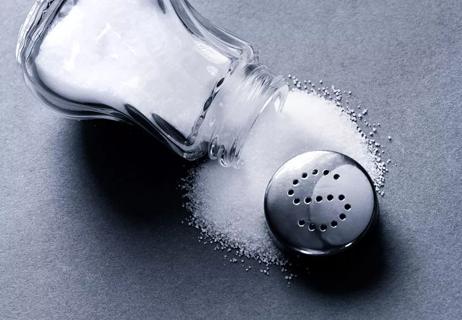
How to make your meals less salty and more flavorful

Wearing a scarf, adjusting your outdoor activities and following your asthma treatment plan can help limit breathing problems

Your diet in the weeks, days and hours ahead of your race can power you to the finish line

When someone guilt trips you, they’re using emotionally manipulative behavior to try to get you to act a certain way